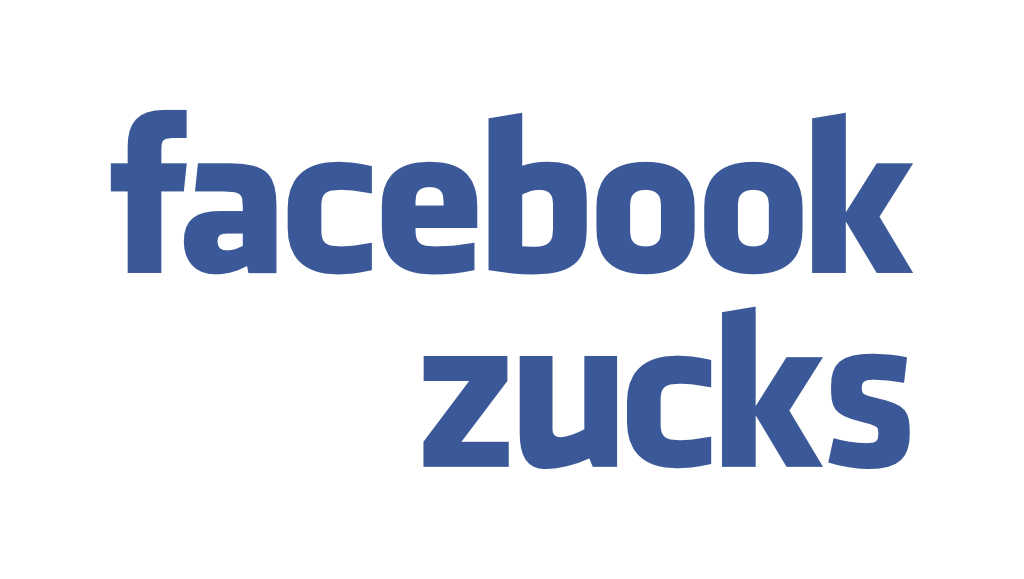
media production: unaddressed implications?
The book Hanging Out, Messing Around, and Geeking Out is focused on the incorporation of media in youth learning. It takes a look at the educational opportunities embedded within technology, considering our youth live and die by their technologies. This book aims to reject “formal” education, and embrace the media constantly surrounding us. The problem with this is what the book calls the “intergenerational wedge,” which is the notion that previous generations are disengaged from these new forms of media and reject the belief that educational opportunities exist within these technologies.
In my assigned chapter, titled “Creative Production,” it addressed the learning opportunities in media production. It discussed how media sharing sites like YouTube, MySpace, and Facebook are places where youth have opportunities to acquire highly technical skills. For example, it mentions the “copy and paste” literacy acquired from making a MySpace page. In order to customize their site, youth learn complicated codes that they copy and paste to their page. The chapter understands that most of our youth engage in these forms of media production for social purposes, but it takes note that there are vocational skills available in these programs.
The problem I had with my chapter and the rest of the book is that it only took a look at the positives of new media and youth learning. It explained the opportunities for media self-expression, but it disregarded the deconstruction of media. My concerns are more focused on the repercussions of media usage, especially social networking sites. Sure, Facebook provides us with an opportunity to “connect” with one another, but is that truly what we use it for? I don’t think so. While too focused on the beneficial aspects of media, the book failed to address that social networking sites reduce personal privacy and encourage user vanity.
Isn’t this true? Why do we honestly use Facebook so frequently? And I don’t buy that people use it to primarily talk with their friends. Facebook has turned into a user-dependent site, where people log in to see what their own selves are up to. Hate to break it to ya Facebook junkie, but nobody cares about the 100-plus photo documentary of your Friday night at LaSalles (Comedian Jim Gaffigan puts it best, our photo-taking addiction: http://www.youtube.com/watch?v=RFV_ipnwrpc ).
I could go on, but in the event that most of you have loss interest in this post, I will shut up.
Sorry, this is the last thing I’ll say. I encourage you all to use Facebook less. See if you find that you are happier without it.

 Website:
Website:
2 Replies to “media production: unaddressed implications?”
While I agree that there is a lot of vanity that is fostered by FB, I have to disagree with your assumption that people don’t use it to keep up with friends. Actually, that is one reason why I do keep and use my FB. One of my best friends became my best friend because she had friended me on FB. She and I had gone to high school together. However, we were in different crowds and didn’t have any classes together so we just never talked. We started talking on FB and now we talk pretty much everyday via text/FB/talk/visiting.
Additionally, I am now able to stay in contact with family who live on the other side of the country because of FB. This is family who I never spoke with before.
And, actually, I do want to see the pictures people post. This is the easiest and quickest way for my friends and family and I to share things that are going on with our kids and families and with one another. FB is just a different outlet than we’ve had historically. It’s not really any different than talking on the phone, other than the fact that we can share pictures.
One of my childhood best friends lives in Georgia (she moved there during my freshman year of high school). Prior to FB, I didn’t know much about her life because we had lost contact. FB allowed us to reconnect.
So, while I can see why you’d have such a negative view of FB (and believe me, there are things people post on FB that really make me wonder), I think that you are doing it a disservice when you don’t acknowledge its benefits to society. Much like you thought the book only focused on the positive aspects and “disregarded the deconstruction of media.”
bam dan you got caught at your own game. just kidding. I have a friend that hates facebook because his girlfriend spends more time on it rather than with him. My advice to anyone with regards to fb or any other social media is that you get out what you put in. Just so you know i use a fictitious name because i love posting crap that cant be traced back to me. good job